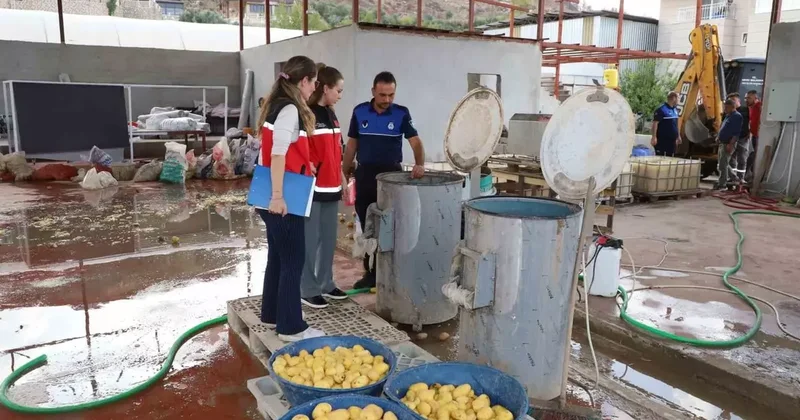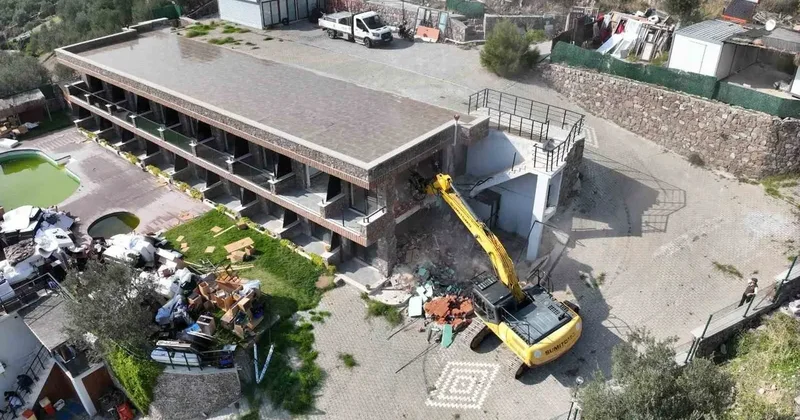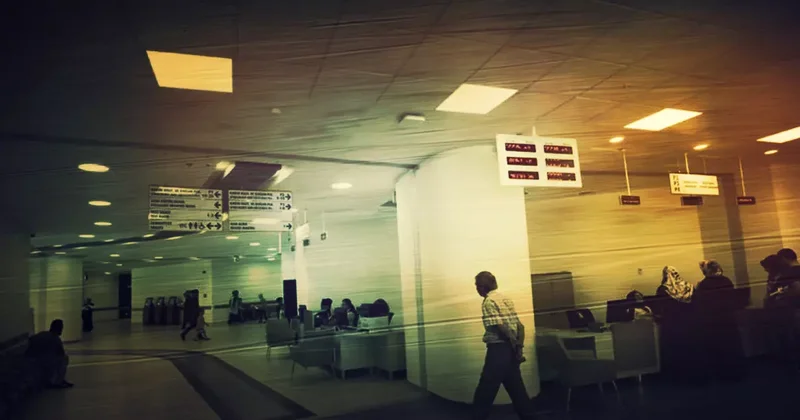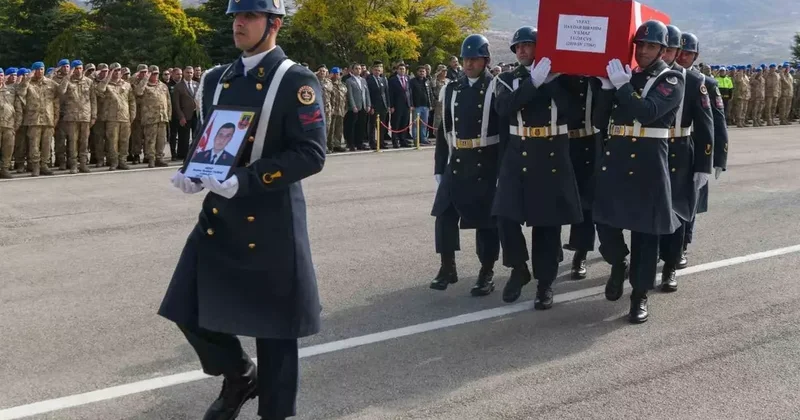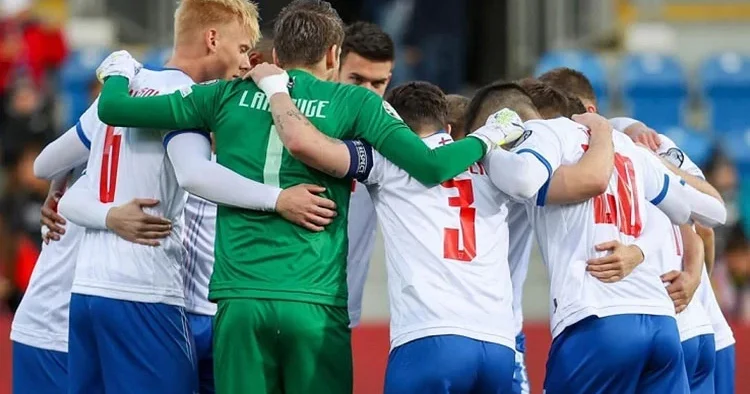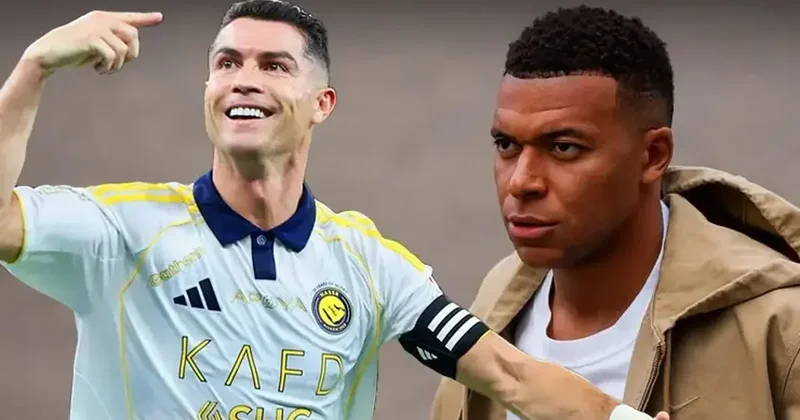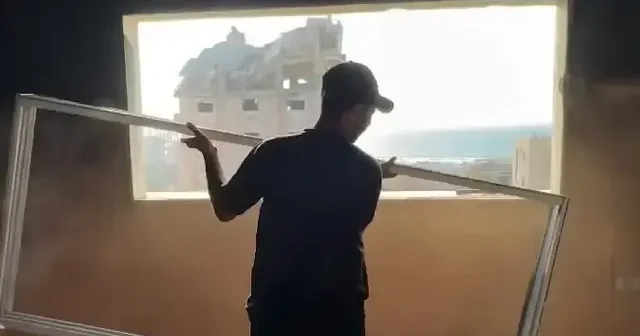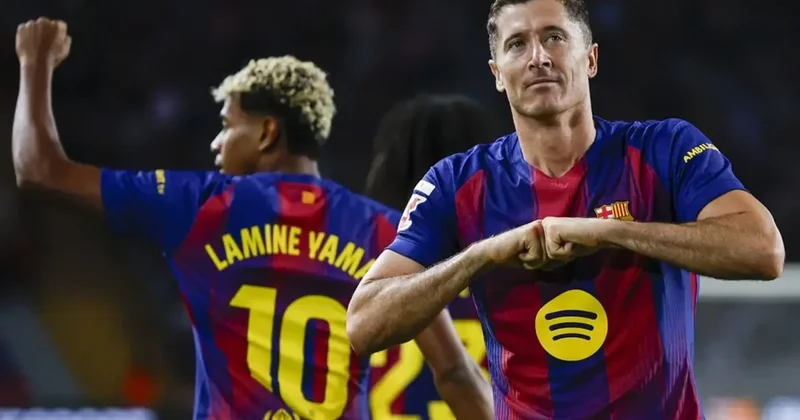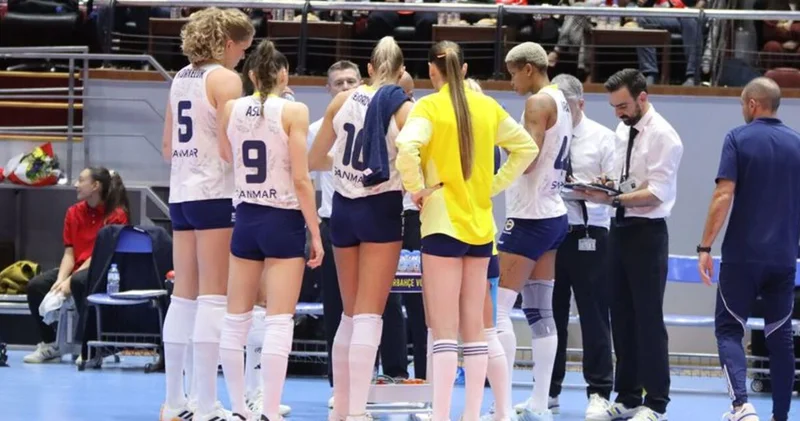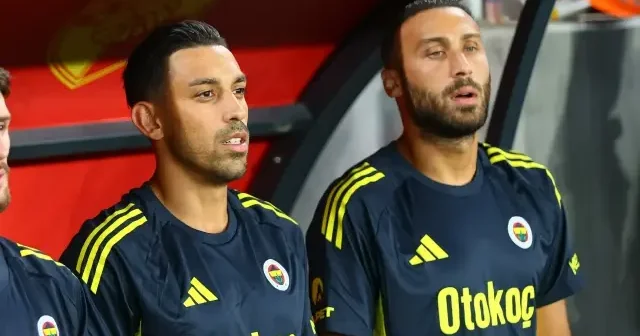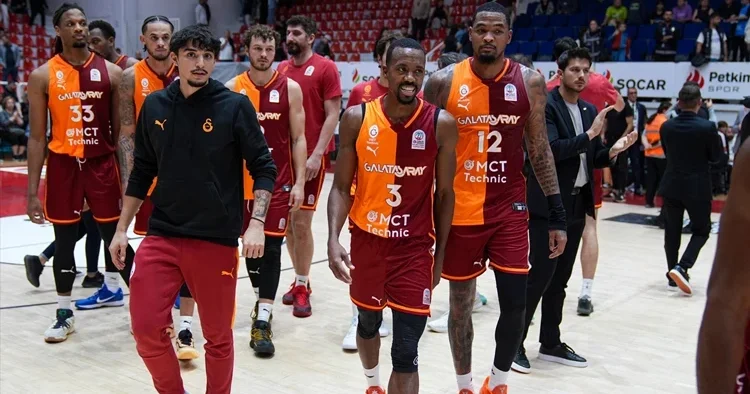The set piece factory: How Midtjylland became Europe s dead ball geniuses
Fanatik sayfasından alınan bilgilere göre, SonTurkHaber.com açıklama yapıyor.
Walk into the staff breakout area at FC Midtjylland's training complex, and you'll find more than just coffee. Directly above the espresso machine is the club's most important dashboard: a graph tracking their dead-ball goal difference.
This simple graph is a constant reminder of an analytical approach that has been central to the club's success since Matthew Benham acquired a majority shareholding in 2014. Midtjylland’s four championship titles all share a common thread: they have consistently scored at least 10 more goals from set-pieces than they have conceded.
While set-pieces are now trending in the Premier League—with big-money moves like Chelsea paying £750,000 for Brentford's set-piece coach Bernardo Cueva—Midtjylland was a decade ahead of the curve.
The Midtjylland alumni take over Europe
The Danish club’s most celebrated success story isn't just their four titles, but the fact that they have become a pseudo-academy for the world's best set-piece specialists. If a club has hired a dead-ball expert, there's a strong chance they graduated from the Midtjylland system.
The alumni network is wide and prestigious:
Coaches: Austin MacPhee at Aston Villa, Martin Mark (who joined Newcastle this summer), Mads Buttgereit (Germany national team), and Lars Knudsen (Denmark Under-21s) all have connections to the club.Analysts: Carles Safont works with Manchester City's first team, and Michele Aragona recently joined Ipswich from Midtjylland.As Aragona, the former Midtjylland set-piece analyst, explained, the club’s success forced the market to take notice. "Chelsea really understood that, especially in the Premier League, every place can make millions of pounds worth of difference, and that's why they started to look at every possible small gain," he told BBC Sport.
Innovation over flair
Midtjylland’s dedication to dead-ball situations is ingrained in their daily routine. Director of Football Jacob Larsen notes that set-pieces are no longer relegated to the final ten minutes of a training session but are integrated into every practice.
However, the club's success is not built on complex, fancy routines. According to Aragona, that's a misconception. "Routines can win you games but if you want to build something consistent... it has to be something you can replicate."
The focus on set-pieces starts at the youth level, with the academy looking to give every player "some special advantages" in dead-ball scenarios. Larsen explains this is tied to the club's philosophy of "individual form of football," which prioritizes physique and individual flair over rigid team systems.
Even with a strong focus on attacking set-pieces (with a balance of approximately 90% attacking to 10% defending last season), the club maintains a high standard, even in their recruitment. They look for specific attributes like heading ability, long throws, and free-kick prowess, driving them to become one of the biggest spenders in Denmark.
Despite their innovative culture, success in football demands ruthlessness. The club recently replaced manager Thomas Thomasberg in late August, even after a 17-game unbeaten run and Europa League qualification. The decision suggests that at Midtjylland, the underlying data must always align with the results.
 Bu konudaki diğer haberler:
Bu konudaki diğer haberler: Görüntülenme:132
Görüntülenme:132 Bu haber kaynaktan arşivlenmiştir 02 Ekim 2025 16:33 kaynağından arşivlendi
Bu haber kaynaktan arşivlenmiştir 02 Ekim 2025 16:33 kaynağından arşivlendi



 Giriş yap
Giriş yap
 Haberler
Haberler Hava durumu
Hava durumu Manyetik fırtınalar
Manyetik fırtınalar Namaz vakti
Namaz vakti Değerli metaller
Değerli metaller Döviz çevirici
Döviz çevirici Kredi hesaplayıcı
Kredi hesaplayıcı Kripto para
Kripto para Burçlar
Burçlar Soru - Cevap
Soru - Cevap İnternet hızını test et
İnternet hızını test et Türkiye Radyosu
Türkiye Radyosu Türkiye televizyonu
Türkiye televizyonu Hakkımızda
Hakkımızda











 En çok okunanlar
En çok okunanlar
